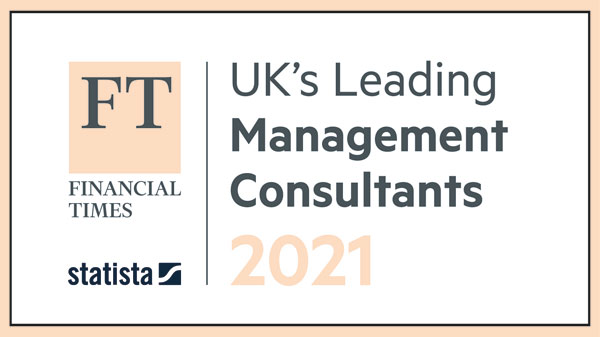Back in the day, when I worked in-house dreaming up ways of engaging corporate stakeholders with climate change, the prevailing wisdom was that fear was a poor motivator.
Positivity and engagement were the name of the game and any campaign proposal I devised that even hinted at more stick and less carrot was swiftly red penned and returned. This was sixteen years ago. The first great green bubble of the early 1990s sparked by the first Rio Earth Summit had waned and ‘An Inconvenient Truth’ had yet to bring melting glaciers back to the mainstream.
We had some notable successes: engaging employees with energy reduction; we held sustainability fairs to showcase lower impact products; ran speaker programmes to bring in external perspectives; penned blogs; hosted debates; screened films; designed leadership development programmes and wrote online training packages for sales and marketing colleagues to name but a few. We won awards, topped indexes and scheduled a steady stream of best-practice sharing requests from peers.
The elephant in the room
However, this success didn’t come without more than a little personal cognitive dissonance. As a team we worked with brilliant academics and NGOs and the picture they painted was pretty bleak. Melting ice sheets; dramatic biodiversity loss; more droughts, fires and floods; mass migration; water scarcity; conflict – you get the picture.
My role was to take that information and without directly sharing it, find ways of encouraging behaviour change. In both boardroom and living room the challenge was to position sustainable business and lifestyles as both profitable and aspirational. It seemed to work. There was no doubt that our engagement figures were heading in the right direction, but were we really making a difference? Was I? Was positivity and aspiration enough?
Fear as a driver
As a lifelong environmentalist (aka weird hippy kid) I knew that for me, fear was my main motivator. I didn’t object to my grandmother using weed killer because I aspired to a dandelion-free lawn, I was just afraid the bees would go hungry or be poisoned.
It was the same logic for going vegetarian, supporting the ban on whaling and petitioning the tearing up a local meadow for executive house building. In fearing for others, I was motivated to act. Nothing’s changed, except that now the fear also feels a lot closer to home.
Fear vs positivity
The question of fear vs positivity arose again recently at a conference. While the chair, Solitaire Townsend, argued for positivity and inspiration every time, the keynote speaker, Jonathon Porritt concluded that, having run down the clock on the positive approach over the past couple of decades only to see emissions climb the wrong way, we have to try something more radical and in keeping with the magnitude of the crisis facing us.
I have sympathy with both points of view. We certainly don’t want to terrify people into yet more inaction or fatalism, but nor do we have time to sugar coat the truth. Holding on to the idea that aspiration alone can move enough people quickly enough to solve the problem also feels like too big a bet to place at this point.
Where aspiration went awry
Marketers understand that people rarely buy products just for their utility. As Charles Revlon famously said, “In our factories we make lipstick. In our advertising we sell hope.” The problem is that for too long, we’ve seen the product as the route to that hope – and that’s where we’ve come unstuck.
The problem with aspiration is that it’s become so entwined with materialism that it encouraged even the best of us to promote a new flavour of slightly better consumerism, perpetuating the myth that we can just ‘buy better’ to solve the problem. We know now that we can’t.
While I’ll never argue against ‘better’, in the same way that I’ll always applaud progress, kindness and positive intention, I can’t help feeling that collectively we missed a trick in not selling the more intangible elements of aspiration – community, family, service, creativity, contribution, stewardship, connection etc.
Does fear have a place?
So, does fear have a place? Almost certainly yes. As humans, we are far more motivated to run away from the things we don’t want than to run towards the things we do, but fear alone will not be enough. We also need to help people see and believe in a better world beyond the fear – only then can they hope to aspire to create it. And us? We need to sell hope.



